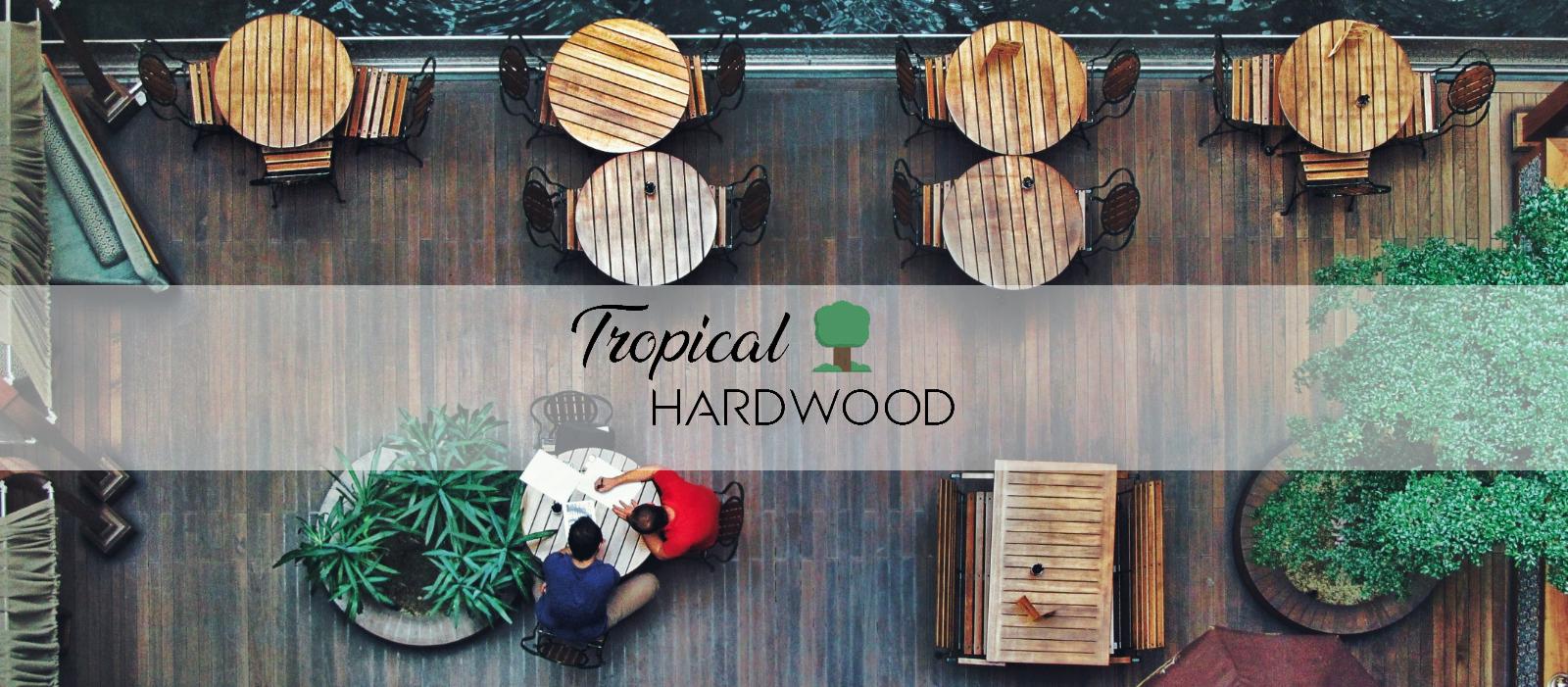Sunken Wood from Bayano Reservoir
The Bayano Reservoir is located in the eastern part of Panama next to the famous Panamericana, not far from the rural border province of Darien. This lake was created by the impoundment of the same named river in 1976 for energy production. With a total area of approximately 350 square kilometers, it is one of the largest artificial lakes in the region. Around the lake extends the tropical rainforest with its enchanting biodiversity. Birdwatchers, ornithologists and tourists regularly enjoy the variety of tropical bird species. Also the Bayano caves to which regular tours are offered are a popular tourist destination.
Bayano Sunken Wood – A tropical treasur
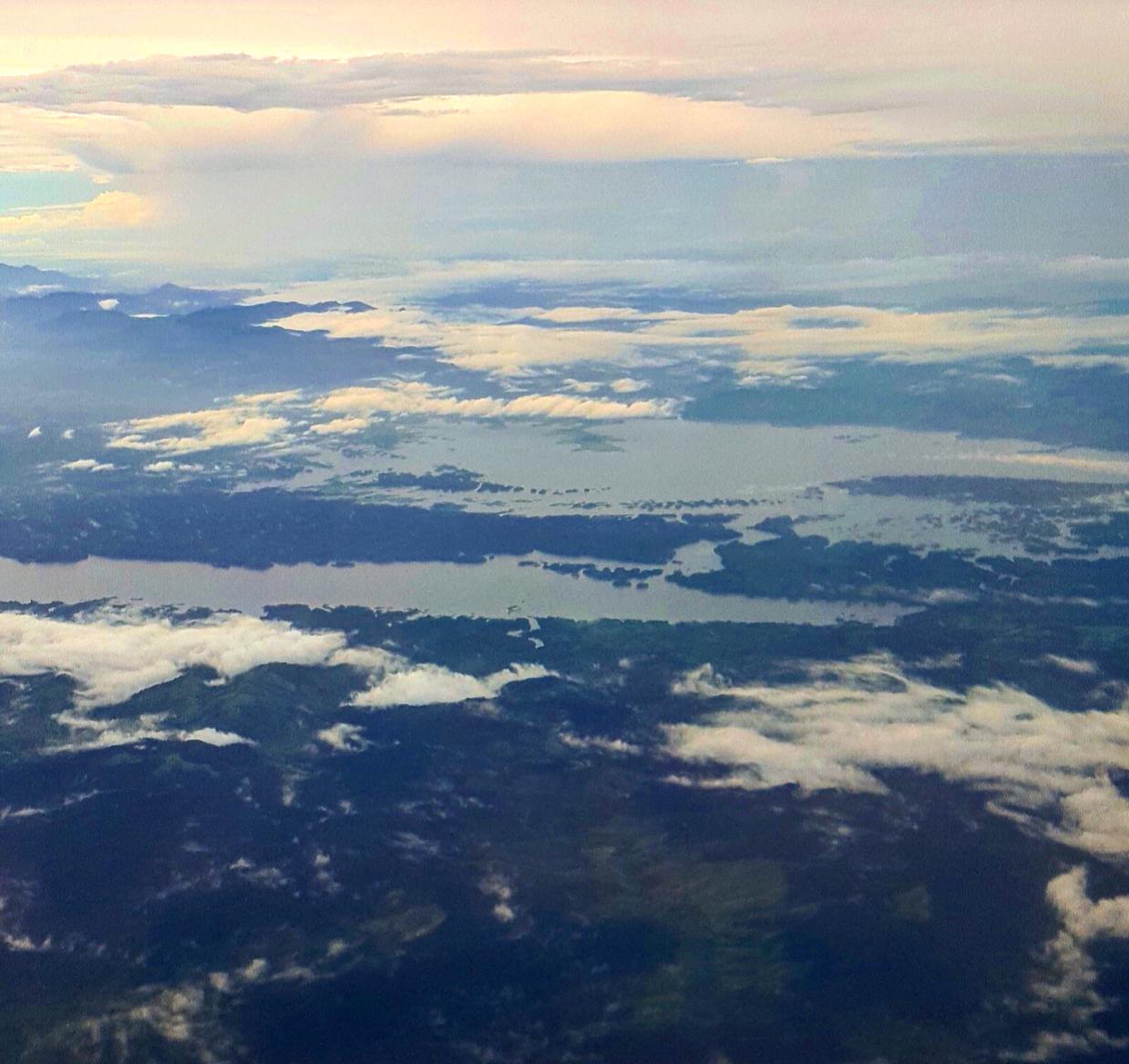
At first glance, it is not really clear that this lake is home to a treasure. It is not an ordinary pirate treasure of gold or gems. However, hidden under water are still the trunks of the trees that once grew there before the reservoir flooded the surface. Originally this area was covered by normal forest. The tropical wood that grew there was swallowed by the water and conserved over the long term, and the trees have already died in the flood. But the organic decomposition processes under water run slowed down to a fraction, since no oxygen comes to the wood. Especially the noble and durable tropical woods will be preserved for decades. The treasure of Bayano Lake are the tropical trunks that once fell victim to the flood.
The principle of harvesting wood from artificial lakes is not new. Material studies have even been done on the condition of underwater wood. The results were astonishing and showed that the wood loses its growth tensions in the water. Improved properties in staying power and drying behavior are the positive consequences. Due to the long time in the water, the trunks get ennobled. Compared to conventional wood, underwater wood stands out for better durability, less drying cracks and a longer lifespan.
The special thing about reservoir wood is that the former forest around the Bayano River was completely preserved before the flood. As a result, particularly large logs are salvaged from the Bayano Lake. There are also many different tree species among the salvaged wood species each with its individual characteristics and unique grain.
The founder of Timber Resource Management once said to me, "The salvaging from the reservoir is almost like gambling. You never know what you will get in the end. "
Which types of woods come from the lake? Discover here
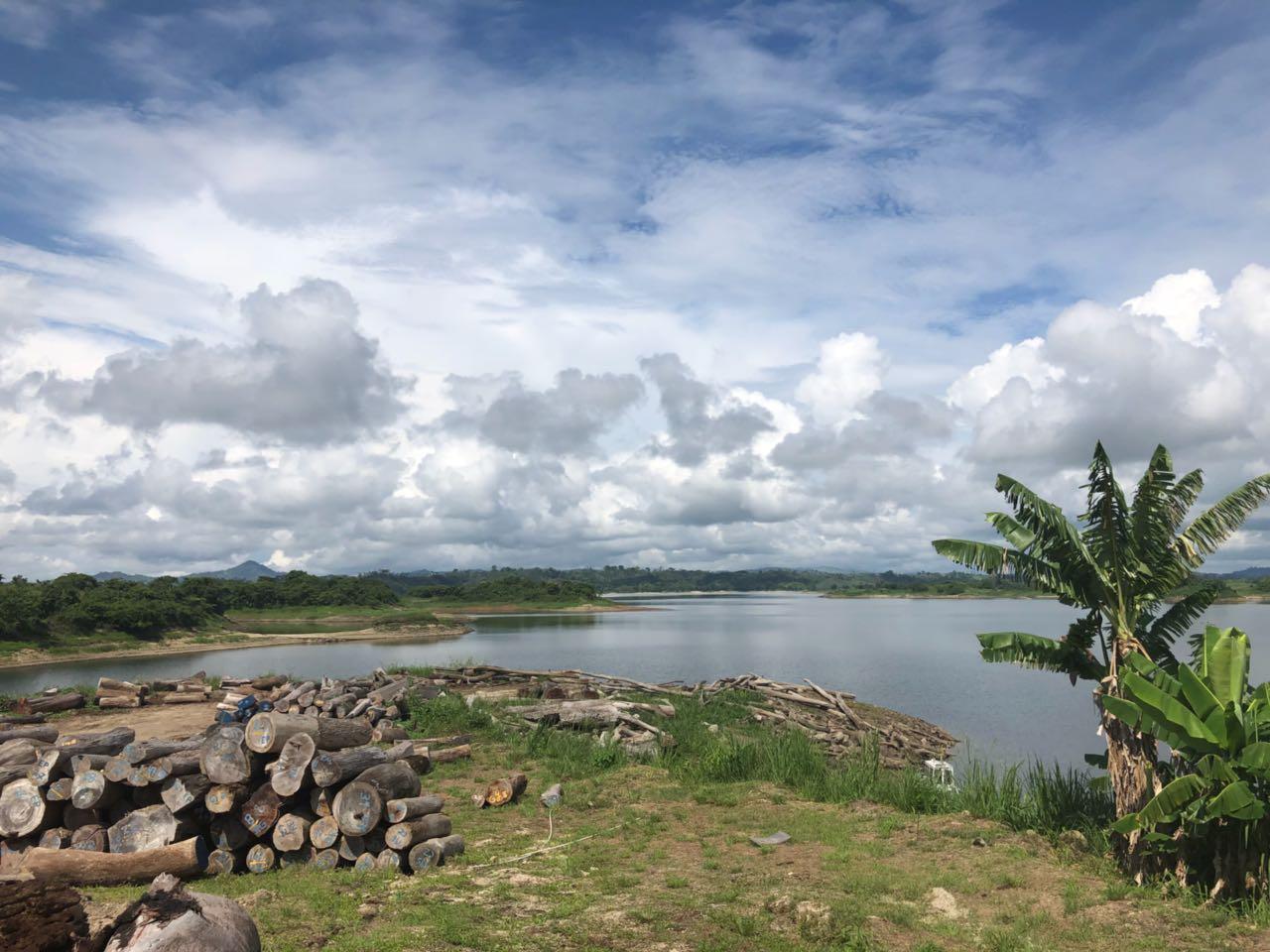
Challenges of the underwater logging
Logging wood under water sounds strange to many people. Special machines and divers are needed to reach the precious trunks and the harvest is more time-consuming than cutting down trees in a forest. However, conventional forestry also uses expensive machinery and equipment. From an economic point of view, the difference is actually minimal and the prices for tropical woods justify the effort. Especially when you consider that no rainforest is destroyed for this wood.
Nevertheless, underwater logging presents a special challenge. The crew of a boat leaves the campsite early in the morning when there is good weather. After they reach the carefully selected area on the lake, the experienced divers jump into the water with their equipment. First, the valuable trunks are moored with oversized balloons and then the balloons are filled with a compressor from the boat. These balloons are used to make the log floating afterwards on the water. Since the wood has been soaked with water over the years, it would simply sink to the bottom without the balloons. So, after the cut it would be lost.
In the next step, the loggers dive to the bottom of the lake to cut the trunks underwater. The cloudy water affects the visibility of the diver, who must therefore rely on their other senses for the work. Special pneumatic chain saws are used, which allow working under water. Anyone who has ever worked with a chainsaw can probably imagine how difficult it is to cut a large trunk without a firm bottom underfoot. The harvest is very demanding and the divers must be in good shape.
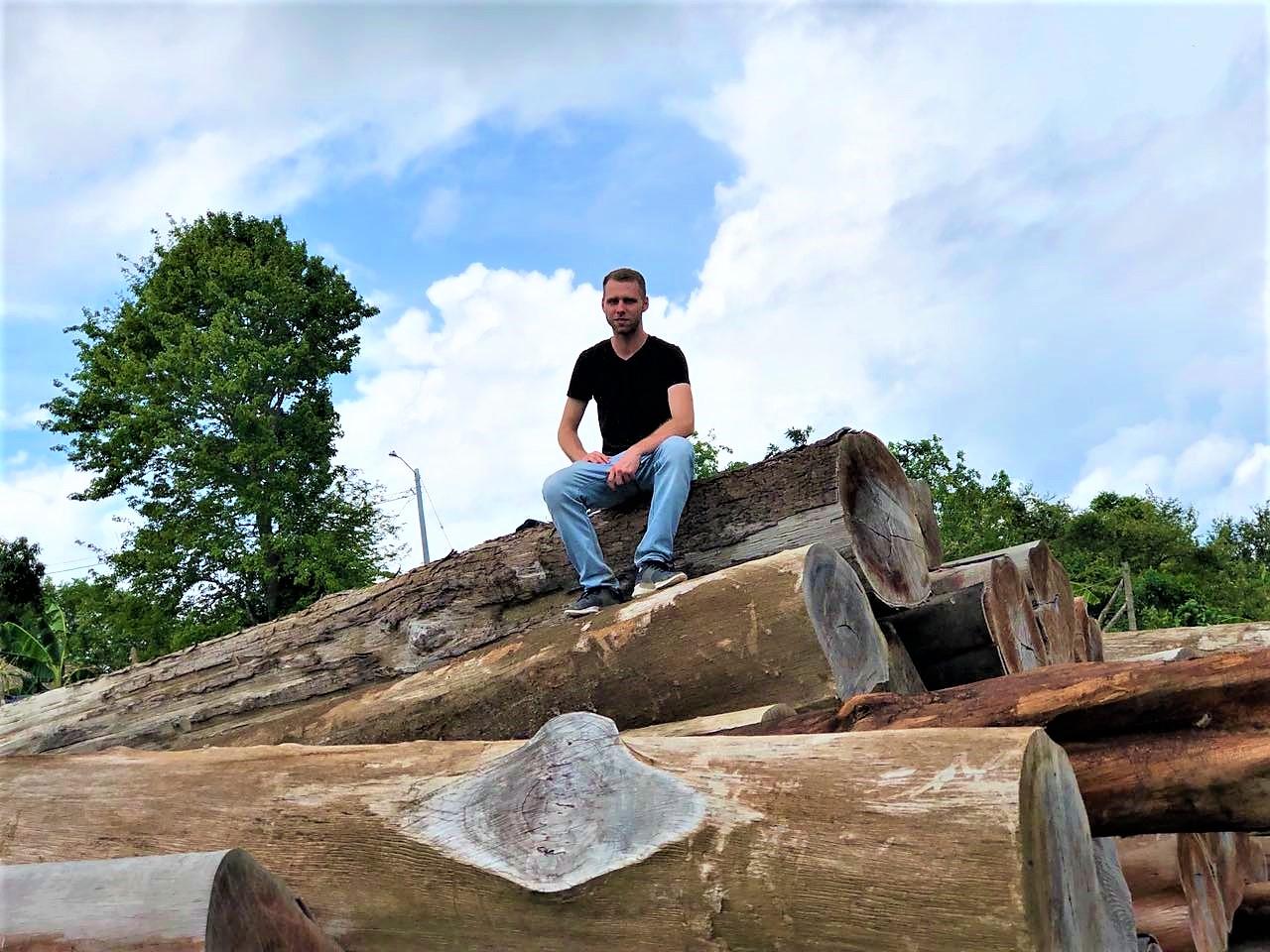
After being submerged, the logs are transported to the surface by the oxygen balloons. They are then either hauled on board or pulled from the harvesting vessel to the loading place. At the loading point, the tropical logs are then cut to their final length and stacked.
Only when it has good weather the visibility underwater is sufficient for the divers, so most of the logging only can be done in the dry season. The risk for accidents is to big otherwise. Also in the rainy season it can happen that an unpredictable tropical storm will raise within minutes and endanger the men.
To minimize the risk of injury, divers are specially trained in handling the equipment. In addition, the team is made up of men from the region who know the area since their childhood days. The equipment for the harvest is also specially adapted to the conditions. For example, the rotation direction of the underwater saw is reversed compared to a normal chain saw. This prevents a diver from being pulled into the chain if the sword gets caught.
The men know exactly the dangers and risks of their job. Without the cooperation as a team the underwater logging would not be possible. Many of the workers know each other since childhood days and are close friends. Despite or precisely because of the risks, the divers and skippers are proud of their work. They would not trade their job for anything. Every log that is pulled ashore is a small fight and therefore a special sense of achievement.
Tropical underwater timber - Not just „not bad" but overall good for slow down global warming
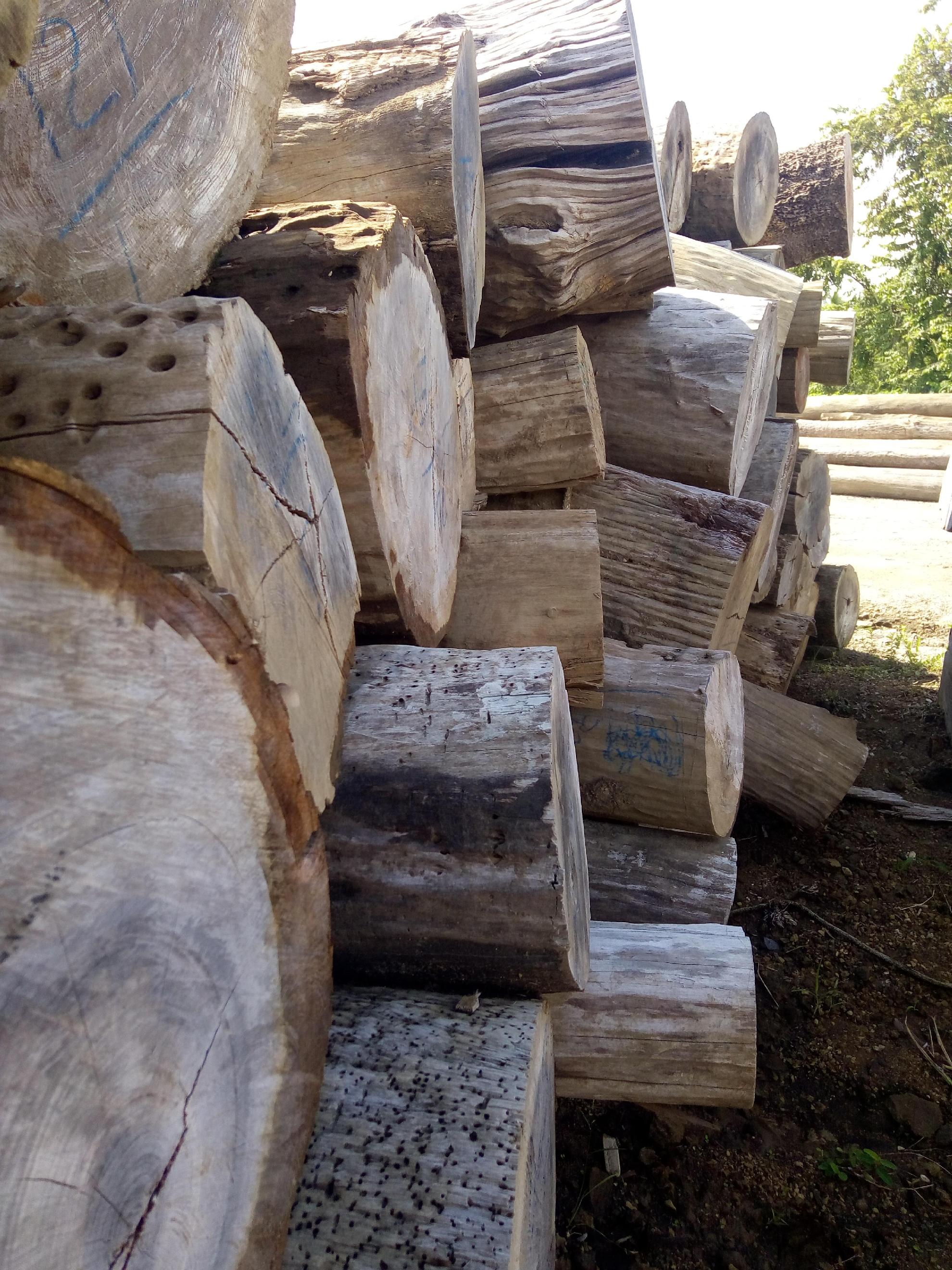
The reservoirs containing timber were constructed in a period of time, where the need to protect the rainforests was not as well known as it is today. Luckily, this has changed over the years. Until about 30 years ago, many reservoirs were created at forest containing areas, without removing the trees before. When scienticts researched the causes of climate change and identified the greenhouse gases as responsible, they recognized which errors were committed.
One of the most harmful gases for our climate is methane. Many people immediately think on cows as the main producers of methan. While this may be true, experts have dicovered that 5% of the world's annual methane emissions are due to the organic decomposition processes in artificially-made lakes. In the case of organic decomposition without oxygen, the process forms methane gas, which rises upwards and is released into the air via the water surface. To prevent this, the dead trees must be removed from the reservoir. The use of reservoir wood is a good alternative compared to wood from rainforests to minimize the human impact on nature. Although only a mistake that has happened in the past is corrected, it has a positive effect on the environment anyway.
The already dead wood no longer has a profitable impact on the microbiology of a region. Excessive methane levels can cause damage to a body of water and the surrounding area, even over the long term. Another good reason for Panama's reservoir wood because for the harvest no forests need to be cleared. Access to an artificially created lake is already given. For us as Tropical Hardwood, underwater wood means the reasonable alternative for all connoisseurs of tropical woods.
Good to know: The positive effects of the reservoir wood have also been taken into account by the politicians. Timber from reservoirs may therefore be imported regardless of the type of wood, even if some of these species are on the list of endangered plants. Preventing a market is always very difficult, and most of the time, the business only relocates to the black market. To make sure that this does not happen in the case, reservoir wood creates a legal and environmentally friendly alternative.
If you are interested in a specific tropical wood species, feel free to contact us. We check the availability, quantity and rate for you directly in Panama.
Sunken wood from Panama – no exploitation, but support for the rural economy
Tropical timber has fallen into disrepute due to illegal logging and overexploitation. Numerous campaigns by environmental and nature conservation organizations have alerted society to the consequences of illegal logging. Especially African and Asian states with unstable regimes and widespread corruption have become the focus of environmentalists. New laws within the European Union have therefore exacerbated the import restrictions on tropical wood species. As a result, it is no longer possible to introduce illegally gained timber and threatened species covered by the CITIES scheme. Since the woods from reservoirs no longer have any positive effects on flora and fauna, the trade of sunken timber is excluded.
The political and social conditions in Panama are not comparable to those in countries where large-scale exploitation is being carried out. Panama, has a stable democracy and legal system. The conservation and preservation of virgin forests is promoted by measures such as the establishment of national parks. Also, mining and use licenses for raw materials and land will only be awarded under strict conditions and controls. The ANMA certificate of the Panamanian government certifies the fulfillment of the conditions and allows to come first to an export license.
The Panama-based company, which holds the license to harvest timber for Wooderra and Tropical Hardwood products, has gone through a six-year process. Not only the government, but also the tribal leaders of the region around the reservoir were involved in this process. Our partner in Panama had to make sure that the surrounding flora and fauna was not disturbed by the work. The license fees for the mining of the wood are only partly due to the government in Panama. The other part of the license costs benefits the indigenous tribes around the lake. These can use the revenue to further their efforts to expand their tourism program.
For these tribes, tourism is the most attractive source of income. What would be more obvious than a tourist tour guide, whose ancestors knew the country and its peculiarities before the Panama Canal?
We think that everyone should form their own opinion about tropical woods. At the same time, we want to create an alternative with our products that actually offers added value. The timber from Panama has a unique history and makes a valuable contribution to the local people. Fair, transparent and environmentally friendly. We can offer products for which no pristine virgin forest has been cut down.
